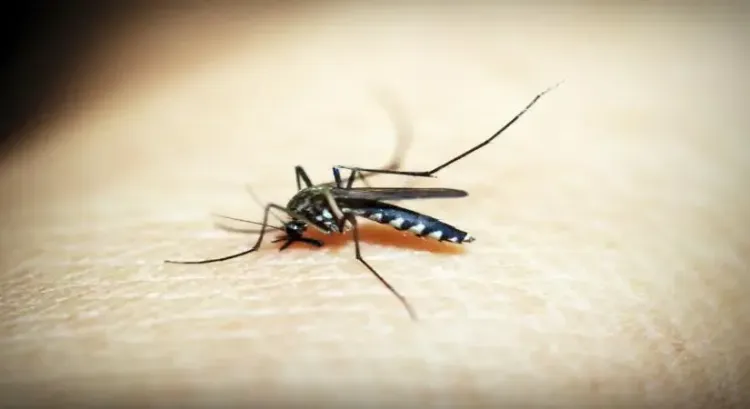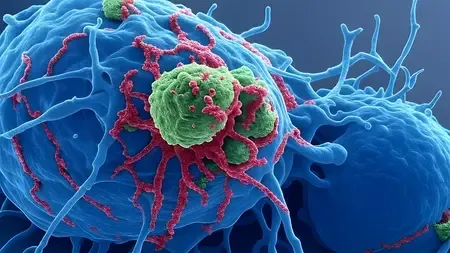Could a New Monoclonal Antibody Be the Key to Malaria Prevention?

Synopsis
Key Takeaways
- MAM01 offers complete protection against malaria with minimal side effects.
- It could significantly change malaria prevention for children and pregnant women.
- The antibody provides long-lasting immunity with a single injection.
- This innovation addresses a major health challenge in sub-Saharan Africa.
- Research highlights the importance of advancing health equity worldwide.
New Delhi, Oct 20 (NationPress) A groundbreaking monoclonal antibody created by researchers in the United States has exhibited significant potential in combating malaria infection during an initial clinical trial.
Investigators at the University of Maryland School of Medicine's Center for Vaccine Development and Global Health (CVD) discovered that the antibody, known as MAM01, offered dose-dependent complete protection against the malaria parasite while causing minimal side effects.
Lead researcher Kirsten E. Lyke, Professor of Medicine at the university’s School of Medicine, commented, "This innovative monoclonal antibody could revolutionize malaria prevention for vulnerable groups such as young children and pregnant women."
She further explained, "In contrast to vaccines that often require multiple doses or boosters, a single injection of this long-acting antibody could deliver immediate protection lasting for months. This represents a fundamentally new approach to preventing infection before it occurs."
Malaria continues to be a major cause of mortality among children in sub-Saharan Africa, resulting in over 600,000 deaths globally each year, with current treatments and vaccines showing limited effectiveness.
Monoclonal antibodies (mAbs) are engineered protein replicas that imitate the body's natural immune defenses.
The findings, published in The Lancet Infectious Diseases, revealed that MAM01 targets a highly conserved area of the Plasmodium falciparum circumsporozoite protein, a component on the parasite's outer surface, effectively blocking infection before it enters the bloodstream.
The Phase 1, double-blind, placebo-controlled trial included 38 healthy adults aged 18 to 50 who had no previous exposure to malaria.
Participants received either a dose of MAM01 or a placebo and were later exposed to malaria-carrying mosquitoes several months post-treatment in a controlled challenge study.
Following the malaria exposure, none of the participants who received the highest dosage of the monoclonal antibody developed an infection, contrasting sharply with all individuals in the placebo group. No serious adverse events related to the treatment were recorded.
Co-author Matthew B. Laurens, Professor of Pediatrics, stated, "These preliminary results indicate that this monoclonal antibody can offer dependable protection against malaria, which remains a significant threat to children in low- and middle-income countries."
He emphasized, "This is an essential proof-of-concept for the field and a progressive step towards health equity."









